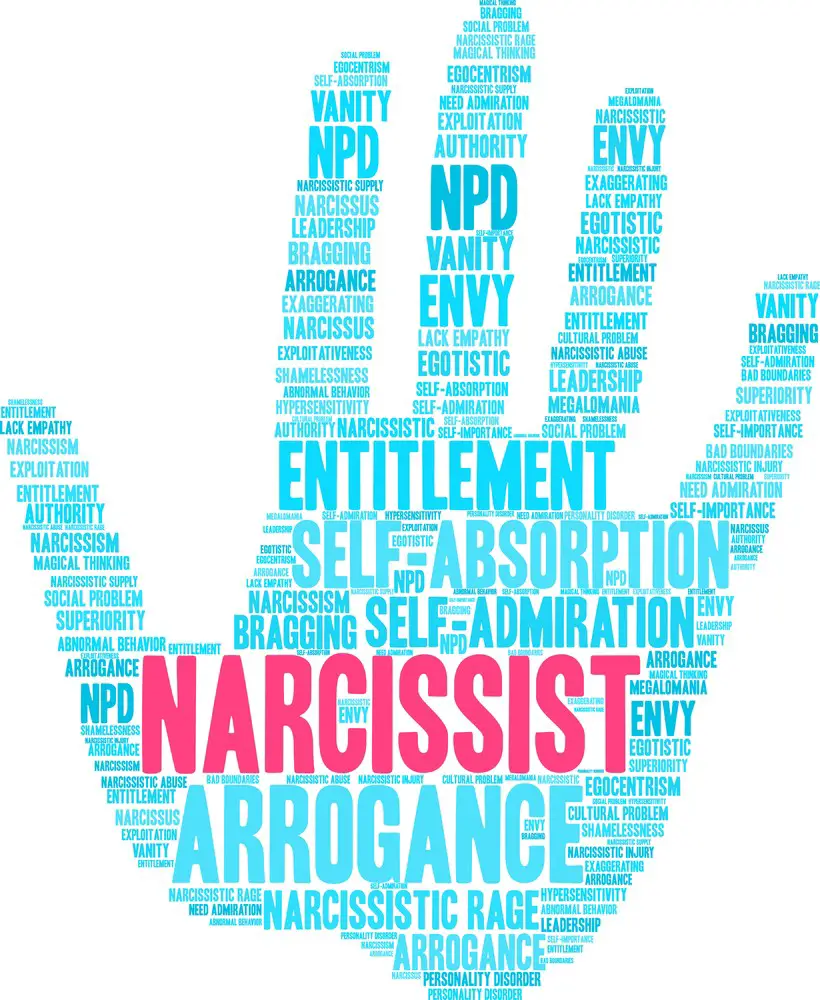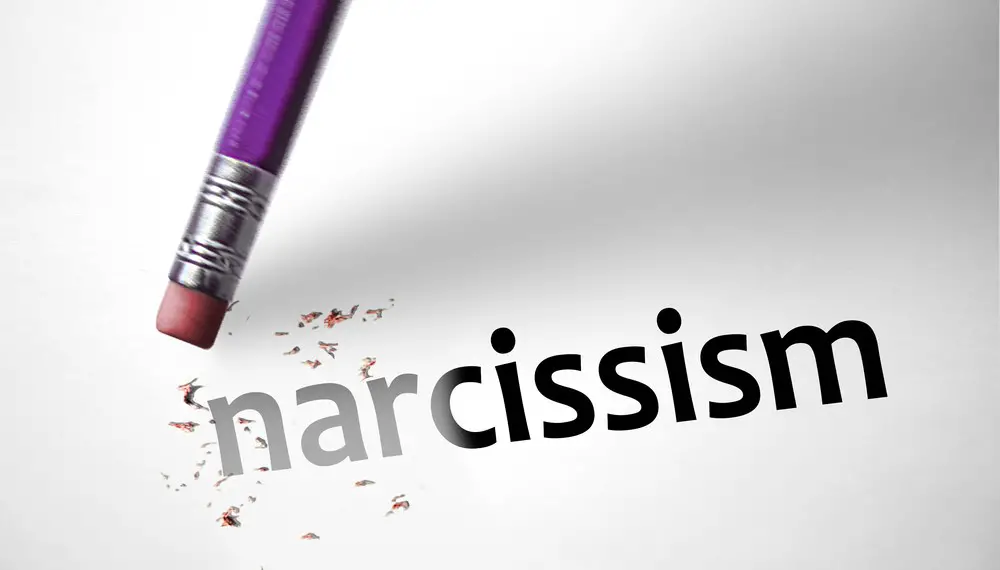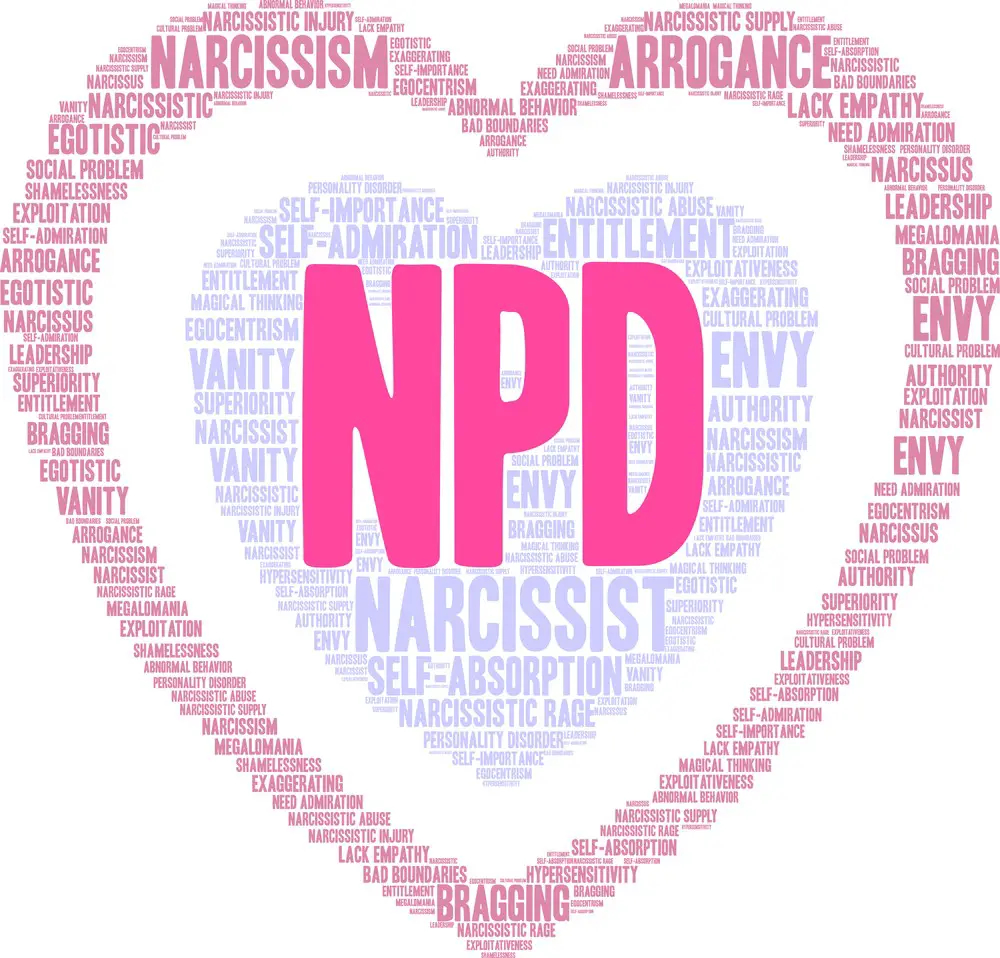Narcissism is a personality disorder characterized by excessive self-importance, a need for admiration, and a lack of empathy for others. Dealing with a narcissist can be challenging, and having the right tools to communicate with them effectively is crucial. This article explores what words can destroy a narcissist and how to navigate interactions with someone exhibiting narcissistic behavior.
Understanding Narcissistic Personality Disorder
Defining Narcissism
Narcissistic Personality Disorder (NPD) is marked by an inflated sense of self-worth, extreme sensitivity to criticism, and a constant need for admiration. Narcissists often display arrogance and a sense of entitlement, making interactions with them difficult and emotionally draining.
The Fragile Ego of a Narcissist
Despite their outward appearance of confidence, narcissists have a fragile ego. They rely on external validation (narcissistic supply) to maintain their self-esteem. This supply can come from positive sources, such as compliments and praise, and negative sources, such as degrading or controlling others.

Words That Can Destroy a Narcissist
Narcissists have a heightened sensitivity to certain words and phrases that can trigger their insecurities and cause emotional distress. Some of the most damaging words include:
Shame-inducing Statements
Calling a narcissist a “loser,” “failure,” or “disappointment” can remind them of their deep-seated feelings of shame and inadequacy. These words cut to the core of their fragile self-esteem and can provoke a strong reaction.
Expressions of Disbelief
Telling a narcissist that you don’t believe them or calling out their lies can be particularly damaging. Narcissists are often pathological liars and thrive on manipulating others. By expressing disbelief, you challenge their perceived control over the situation.
Indications of Disinterest
Ignoring a narcissist or stating that you are not interested in them can be a powerful way to undermine their need for validation. By denying them attention, you withhold the narcissistic supply they crave.
Criticisms and Pointing Out Flaws
Narcissists are highly sensitive to criticism, even if it is constructive. Pointing out their flaws or incompetence can trigger a defensive response and cause them to lash out.
Rejections and Boundaries
Setting boundaries and saying “no” to a narcissist shatters their illusion of control over others. This confrontation can lead to anger and frustration on their part.

How to Communicate with a Narcissist Effectively
While it is important to understand what words can destroy a narcissist, it is equally critical to know how to communicate with them to minimize conflict and maintain your well-being.
Stay Calm and Composed
Remaining calm and composed during interactions with a narcissist can help you maintain control and avoid escalating the situation. Do not let their behavior provoke an emotional response from you.
Establish Boundaries
Set clear boundaries with the narcissist and make sure to enforce them. This helps protect you and sends a message that you will not be manipulated or controlled.
Keep Communication Factual
Focusing on facts and avoiding emotional language can limit the narcissist’s ability to manipulate the conversation. This approach can help prevent them from twisting your words and gaslighting you.
Avoid Confrontations
Directly challenging a narcissist can lead to aggressive or hostile behavior. Instead, try to disengage from the conversation or redirect it to a less contentious topic.

The Importance of Prioritizing Your Well-being
When dealing with a narcissist, it is essential to prioritize your own well-being and emotional health. This can include seeking support from friends, family, or a therapist, engaging in self-care practices, and focusing on your needs.
Going No Contact
Sometimes, the best action may be to cut off all contact with the narcissist. This can help protect you from further emotional harm and allow you to focus on healing and moving forward.
Building Self-Esteem
Recovering from a relationship with a narcissist often involves rebuilding your self-esteem and sense of self-worth. Engage in activities that make you feel good about yourself and surround yourself with positive, supportive people.
Coping Strategies
It is important to develop strategies for dealing with a narcissist productively. This can include taking time to self-reflect and practice self-care, setting boundaries, and maintaining clear communication. It is also beneficial to stay away from emotionally charged language and arguments that may only serve to escalate the situation further. It may also be helpful to create an action plan for how you will respond if the narcissist exhibits manipulative or abusive behavior. Having an established plan, you can be better prepared to handle difficult interactions. Ultimately, it is essential to remember that your mental health and well-being should always come first when dealing with a narcissist.
Communication Tips
When dealing with a narcissist, it is important to have a firm understanding of your boundaries and values. Make sure to communicate these limits clearly and consistently. Additionally, it can be helpful to focus on the facts when having conversations with a narcissist. This can help reduce the chances of them twisting your words or using manipulative tactics. It is also essential to prioritize your well-being and emotional health by engaging in self-care practices and seeking support from friends, family, or a therapist.
In some cases, avoiding contact with the narcissist may be necessary to protect yourself from further harm. Finally, rebuilding your self-esteem is an important step in recovering from a relationship with a narcissist. Focus on activities that make you feel good about yourself and surround yourself with positive people who support you.
Conclusion
Understanding what words can destroy a narcissist is important in navigating interactions with them effectively. However, it is essential to prioritize your well-being and take steps to protect yourself from their toxic behavior. By setting boundaries, maintaining a calm and factual communication style, and seeking support when needed, you can minimize the impact of a narcissist on your life and begin the healing process.
- The Burnout Epidemic: Why We’re All Feeling Overwhelmed and How to Cope - February 9, 2024
- How to Live a Peaceful Life - February 9, 2024
- Useful Information You Should Know About Health Screenings - February 8, 2024
This site contains affiliate links to products. We will receive a commission for purchases made through these links.




